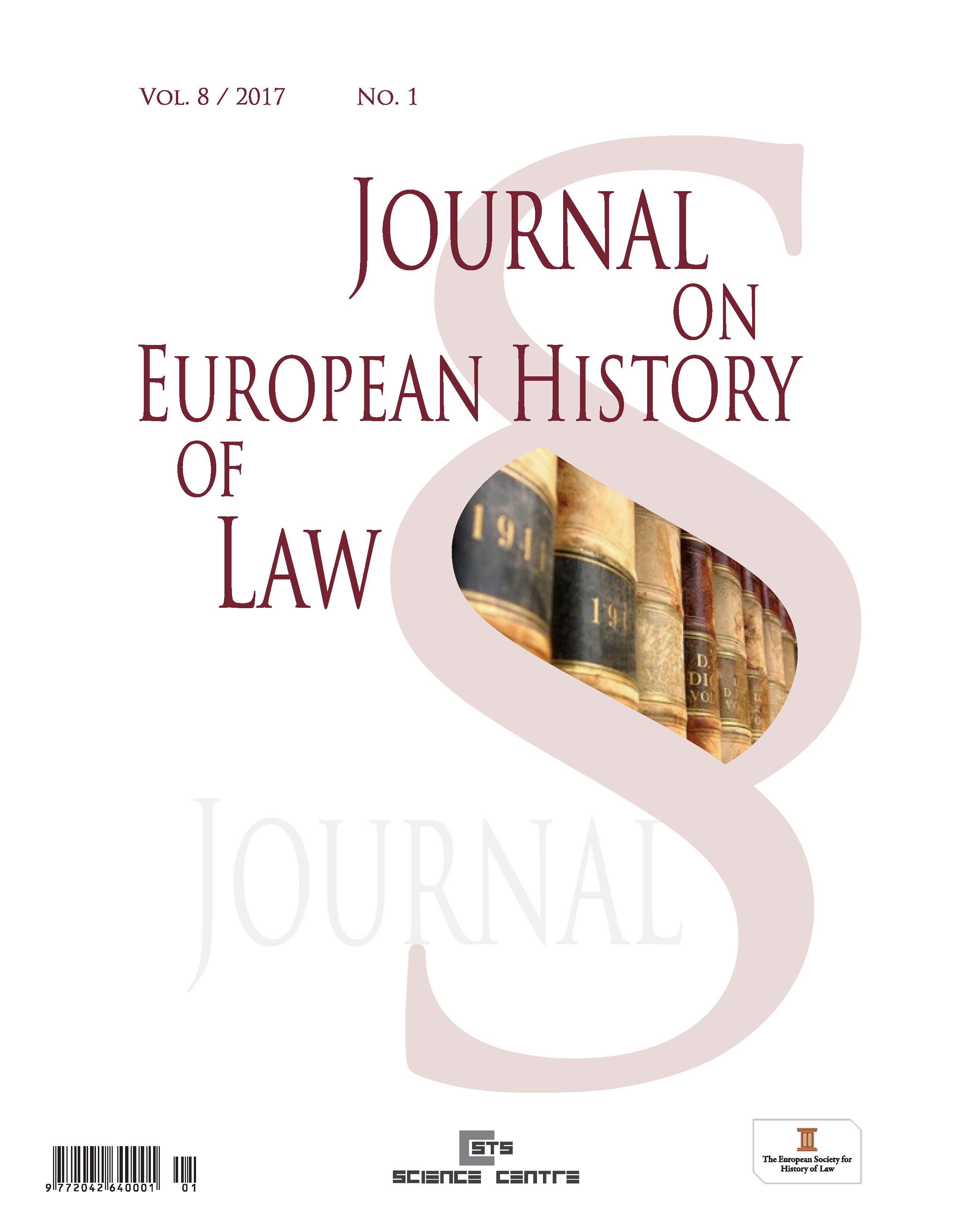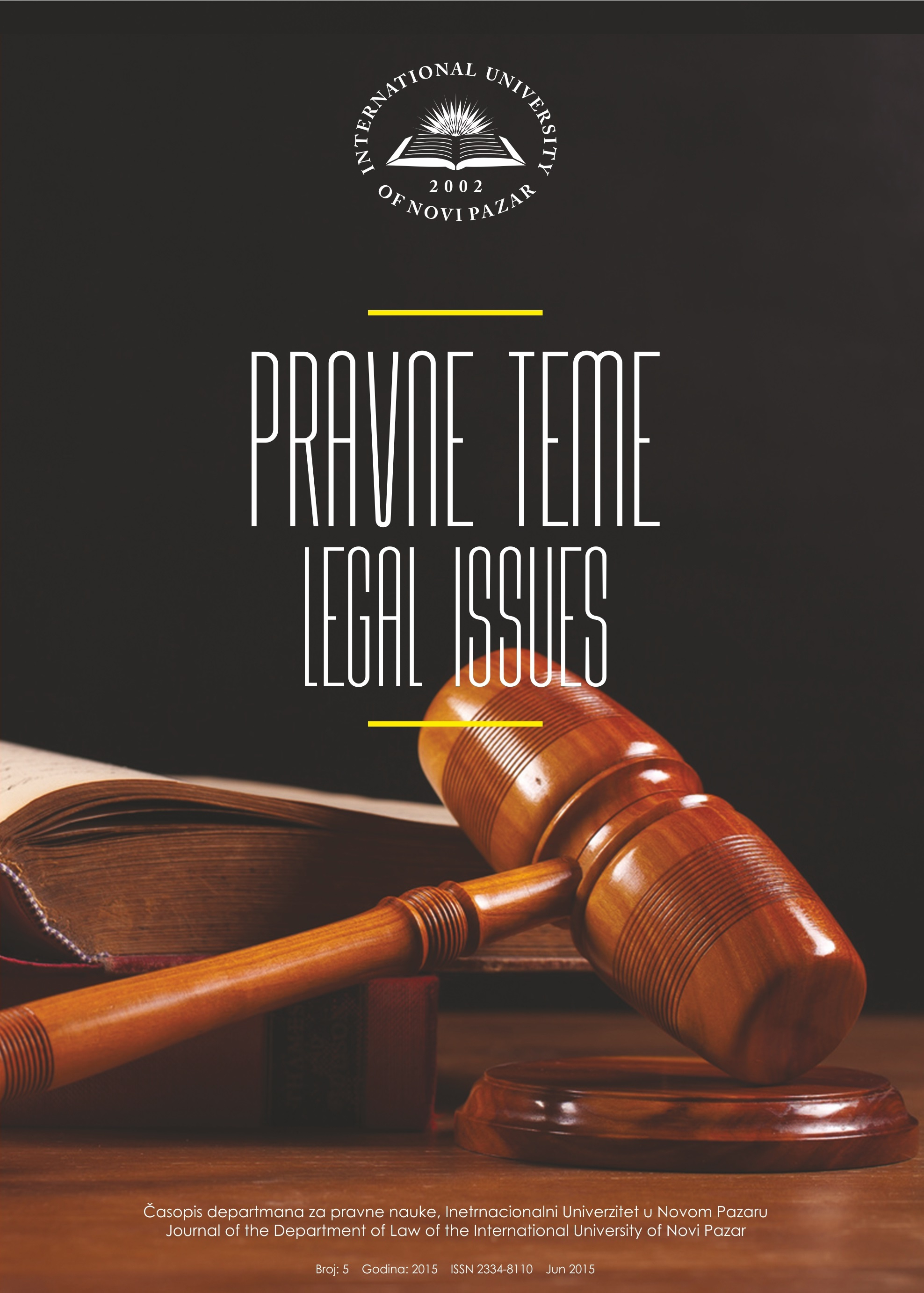
Eva Kell – Sabine Penth (Hrsg.): Vom Empire zur Restauration. Die Saarregion im Umbruch 1814-1820.
Eva Kell – Sabine Penth (Hrsg.) Vom Empire zur Restauration. Die Saarregion im Umbruch 1814-1820. Beiträge der Wissenschaftlichen Tagung zum 175jährigen Jubiläum des Historischen Vereins für die Saargegend e.V. Saarbrücken: Historischer Verein für die Saargegend e.V., 2016, 307 S., ISBN 978-3-9818087-0-4
More...
